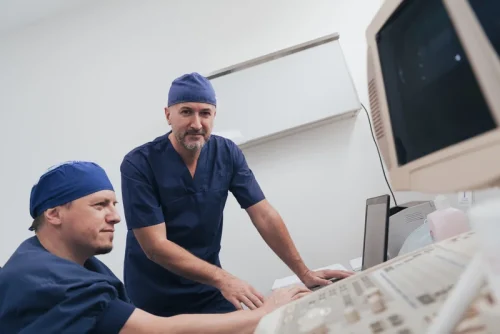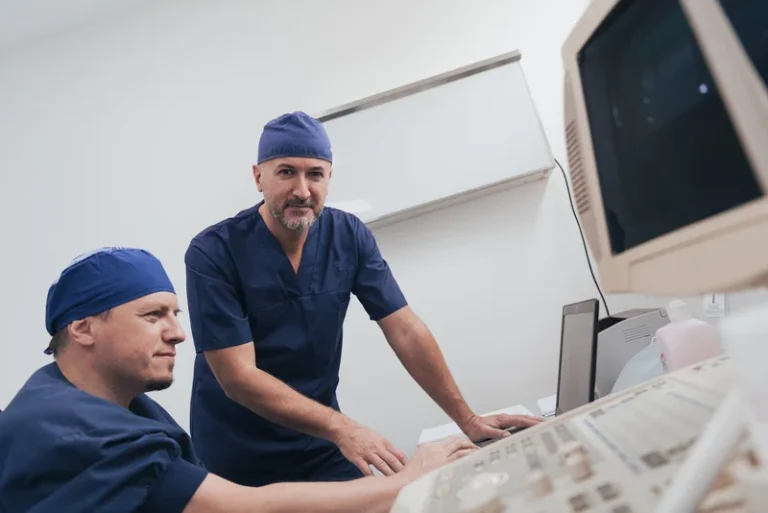- Զամբյուղը դատարկ է
- Շարունակել առևտուրը
Why Do Alcoholics Crave Sugar? Bryan Whitehurst Site
Shedding light on the science behind these intense sugar cravings after giving up alcohol, we find ourselves in the complex labyrinth of neuroscience. When alcohol is cut off, the brain – now conditioned to the quick fix and reward from alcohol – panics. This panic mode manifests as an intense craving for another easy quick-fix, sugar, while the brain figures out how to recalibrate itself to life without alcohol. It’s a sophisticated survival strategy – you scratch the alcohol component, and the brain, not ready to forgo its sugar fix yet, shifts to craving sweets.
The Role of Diet and Nutrition in Recovery
Factors such as dopamine regulation, endorphin release, and neural pathways in addiction all play crucial roles in shaping these desires. For instance, fluctuations in insulin levels can create cycles where individuals crave sugar as a means to stabilize their energy levels. Understanding these hormonal interactions can help individuals manage their cravings more effectively during recovery from alcohol use. Alcohol consumption can influence sugar cravings through various mechanisms. One explanation is that alcohol, particularly in excessive amounts, can disrupt the body’s blood sugar levels. When alcohol is metabolized in the body, it can cause a drop in blood sugar, leading to a state of hypoglycemia.
Understanding Sugar Cravings in Alcohol Addiction
- Methamphetamine users, in particular, show higher sugar intake levels than the rest of the population.
- Explore why sometimes you fake it until you make it in recovery and how honesty fuels real growth.
- Alcohol can temporarily provide a sense of relief or escape from negative emotions such as stress, anxiety, or depression.
- Alcoholism can have significant effects on an individual’s nutritional status, leading to certain factors that contribute to sugar cravings.
- Our liver is going to store that excess sugar as fat that can damage those liver cells, leading to liver disease.
- Developing healthier coping strategies and finding alternative ways to manage emotions can help reduce the reliance on sugar as a substitute for alcohol.
This craving is further complicated by the imbalances of neurotransmitters like serotonin, GABA, and glutamate, often resulting from alcohol’s disruptive effects on brain chemistry. These imbalances can enhance the attraction to sugary treats, as the brain searches for a quick fix to restore pleasure and mood stability. Parental behaviors also play a crucial role in shaping offspring’s preferences. Children of alcoholic parents, particularly those with alcoholic fathers, show a higher likelihood of developing a strong sweet preference. This inclination can lead to eating disorders, indicating a complex interplay of genetics and learned behavior 2.
Identifying the 5 Most Common Drug Interactions
This release creates a reward response, which can reinforce the craving for sugar as a substitute for alcohol. Understanding the psychological aspects of sugar cravings in alcoholics is essential in unraveling the mystery behind this phenomenon. Two key aspects alcohol rehab to consider are coping mechanisms and emotional triggers, as well as the relationship between stress, anxiety, and sugar cravings. So you can’t entirely blame weak fortitude for the overindulgence of sugar. To test whether lower levels of FFAR4 caused increased cravings for sugar, the researchers monitored sugar consumption in mice in which the FFAR4 protein had been deleted by genetic manipulation.
Influence of Genetics on Cravings
Alcohol use disorder can significantly impact the body’s nutrient levels, leading to various nutrient deficiencies. Alcohol use disorder can have a significant impact on the body’s nutrient levels, leading to various nutrient deficiencies. However, there are strategies that can help alcoholics manage their sugar cravings such as eating balanced meals, staying hydrated, or engaging in regular exercise. Additionally, seeking support from loved ones or professionals is crucial in overcoming addiction and living a healthy life. Recovering alcoholics often grapple with fluctuating blood sugar levels, particularly hypoglycemia, which is common after halting alcohol intake.
Drug rehab programs provide a structured environment and various therapies to help individuals overcome substance abuse and achieve long-term recovery. Choosing the right rehab center, with personalized care and qualified staff, is crucial for a successful treatment journey. Eating sweet foods can reduce the intensity of these drug cravings by giving a short dopamine boost, which could be the difference between remaining in recovery or experiencing a relapse. A chocolate bar is far less harmful than returning to active addiction. Sugary foods can help those in recovery because they affect the brain like addictive drugs. During the early days of addiction recovery, people often battle intense drug cravings and may be calorically deficient.
How Long Does Medicare Pay for Inpatient Rehab?
The absence of alcohol, which previously acted as a means of emotional regulation and stress relief, can create a void that some individuals attempt to fill with sugary foods and drinks. Sugar consumption may provide a temporary sense of comfort and satisfaction, helping individuals manage https://ecosoberhouse.com/ their cravings and emotional discomfort. Understanding the complex relationship between alcoholism and sugar cravings is essential in addressing the challenges faced by individuals struggling with alcohol addiction. Let’s delve into the key aspects of alcoholism and its connection to sugar cravings. In summary, the inherent dangers of sugar addiction in alcoholics underscore the importance of addressing both alcohol and sugar addiction in the recovery process. A comprehensive approach to addiction recovery should therefore incorporate strategies to manage both alcohol and sugar cravings.
Discover “what is rehab?” and explore the journey from addiction to freedom through personalized therapy options. Explore how life is boring without drugs and discover strategies to create joy and fulfillment post-addiction. The genes ADH1B and ALDH2 have the strongest known effects on the risk of alcoholism. However, there are several other genes, such as GABRA2, CHRM2, KCNJ6, and AUTS2, that contribute to the likelihood of developing alcohol dependence. Discover the reasons people may become codependent and learn effective strategies for recovery.
Excessive alcohol consumption can disrupt the normal regulation of blood sugar, leading to low blood sugar levels or hypoglycemia. In response, the body may trigger cravings for sugar as a way to quickly raise blood sugar levels. When it comes to the relationship between alcohol and sugar cravings, there is a notable connection that many individuals may experience. Understanding how alcohol do alcoholics crave sugar consumption affects sugar cravings and the role of neurotransmitters in the reward system can provide insights into this dynamic association. When it comes to managing sugar cravings in recovering alcoholics, seeking support and resources is paramount. Recovering alcoholics face unique challenges and having the right guidance and support can make a significant difference in their journey towards a balanced and healthy lifestyle.





